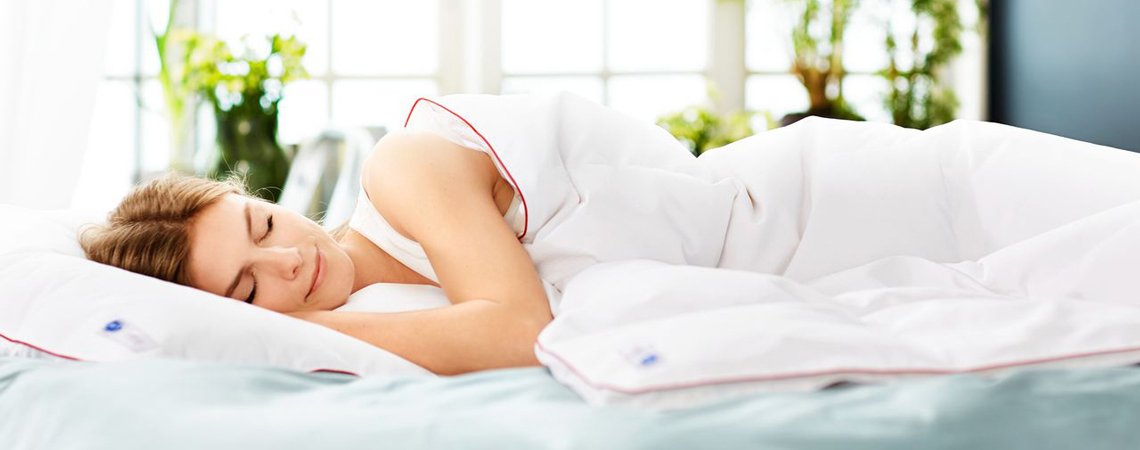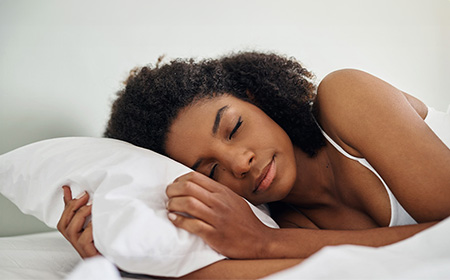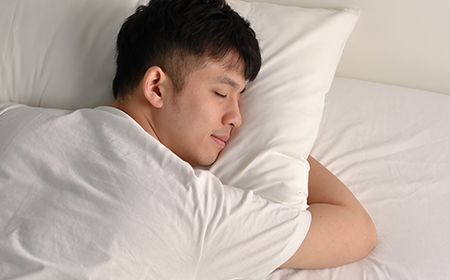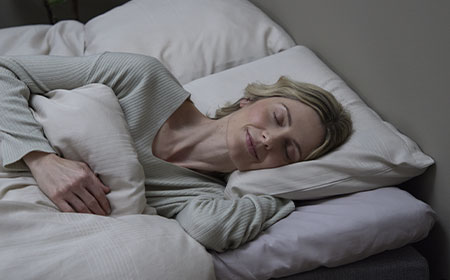A good night’s sleep is important for our health, mood and general well-being. However, for many people, sleep apnea occurs during your sleep, and if continued without any treatment, can become a decidedly hazardous problem.
What is sleep apnea?
Sleep apnea is defined as pauses in breathing lasting for a minimum of 10 seconds during sleep, and usually last between 15 and 60 seconds. The number of these varies, so there can be countless episodes during the night.
OSAS, which means obstructive sleep apnea syndrome, is the most common form of sleep apnea. If you suffer from OSAS, it means that you are breathing normally, but that the throat and nose are preventing the air from reaching right down to the lungs.
A less common form of sleep apnea is central sleep apnea. In this case there is absolutely no breathing.
People with sleep apnea experience poor quality of sleep. This causes immense fatigue, and you will not feel rested in the morning when you wake up. This is because the disease impairs deep sleep and REM sleep. Read more about the stages of sleep and dreaming here.
What are the symptoms of sleep apnea?
Not everyone realises that they have sleep apnea. But one of the most common symptoms is loud snoring, however this doesn't necessarily mean that everyone who snores has sleep apnea. If you sleep with other people, they will probably tell you that you snore extremely loudly and sleep restlessly. People with sleep apnea will wake up several times during the night, and they may also wake up with palpitations and a feeling of suffocation, not to mention sweating profusely.
Is sleep apnea dangerous?
Yes, sleep apnea is not healthy and the syndrome requires treatment. The illness can lead to an increased risk of cardiovascular disease and other lifestyle related diseases such as diabetes. Sleep apnea is also hazardous, in that it prevents you from enjoying a decent night’s sleep, which is essential for your well-being and your health.
How to treat sleep apnea?
It is often overweight people who suffer the most from sleep apnea, this is why in some cases, losing weight can reduce the attacks.
The best form of treatment is to sleep wearing a CPAP (Continuous Positive Airway Pressure) mask at night. This is an apparatus, which produces air at high pressure, thus helping people with sleep apnea to breathe. You sleep with a mask over your nose, and a tube connects the mask to a machine. Frequently you can also minimise attacks by reducing your intake of alcohol and any use of medicine.
Sources:
http://www.nhlbi.nih.gov/health/health-topics/topics/sleepapnea
http://www.mayoclinic.org/diseases-conditions/sleep-apnea/basics/definition/con-20020286
http://www.medicinenet.com/sleep_apnea/article.html




